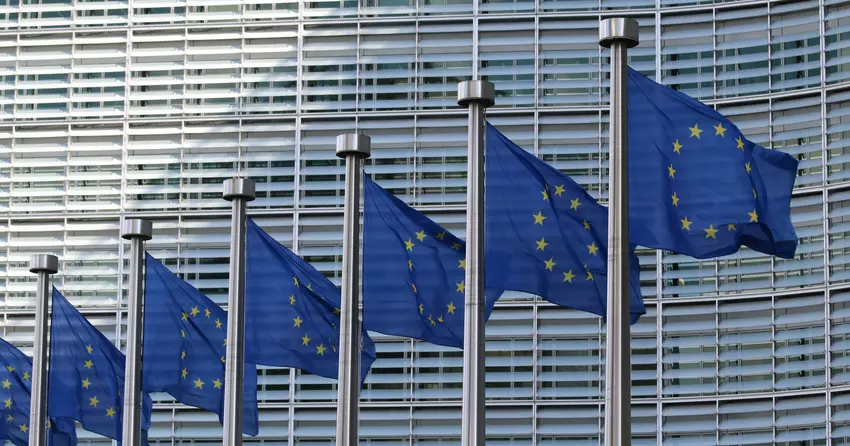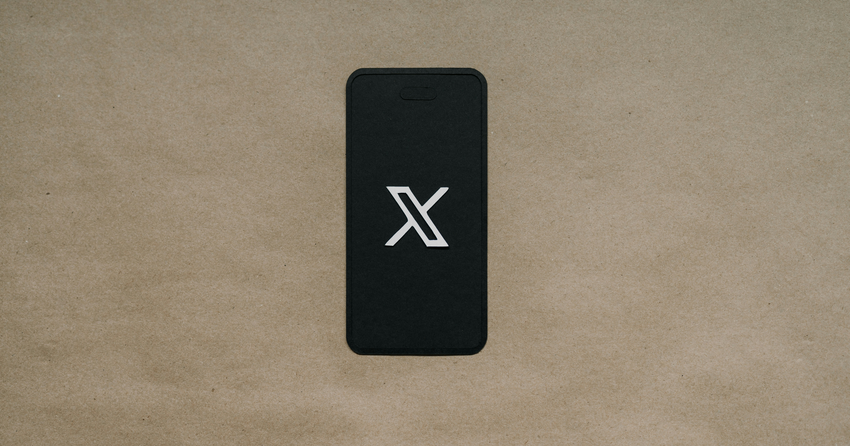
EU Demands Closer Look Into X Recommendation Algorithms
On January 17, a European Union commission announced its latest measures as it continues to investigate the social media platform X over its possible violation of the Digital Services Act (DSA). The announced measures include requesting internal documentation of the company’s recommender systems, among others.
Originally launched in 2023, the investigation was the first of its kind against a large social media platform. The investigatory commission focused on X’s possible dissemination of illegal content in the EU, information manipulation, and deceptive design, according to an official press release.
This year’s newest measures by the commission come after German politicians have called out against X over its alleged promotion of far-right content through its recommendation algorithms, just weeks before the country’s parliament elections, set to take place on February 23.
Ellon Musk, X’s owner and a political figure in the US, has previously shown support for the Alternative for Germany (AfD) party, parts of which have been officially designated as far-right extremists by the German domestic intelligence service. Earlier this month, Musk conducted a discussion with Alice Weidel, co-leader of the AfD party, where she made several false claims regarding German history and Adolf Hitler.
A commission spokesperson denied that the newest measures came as a response to Musk’s and Widel’s live-streamed conversation, telling the Financial Times it was “completely independent of any political considerations or any specific events.”
The commission placed a deadline of February 15 on X for the release of its internal documentation, as well as access to some of X’s “backend” code relating to its recommendation algorithm. The commission also requested a “retention order” over the platform, which would force it to preserve internal documents relating to future changes to its algorithms, starting on January 17 and lasting until after the commission is set to finish its investigation.
“We are committed to ensuring that every platform operating in the EU respects our legislation, which aims to make the online environment fair, safe, and democratic for all European citizens,” declared Henna Virkkunen, the commission’s digital chief.
This isn’t the first time Musk has found himself in legal deep water over possible election manipulation. Last year, Musk offered a USD 1 million giveaway to registered US voters who signed a petition, which got him in trouble with the US Department of Justice.














